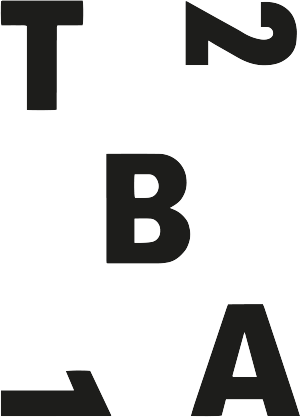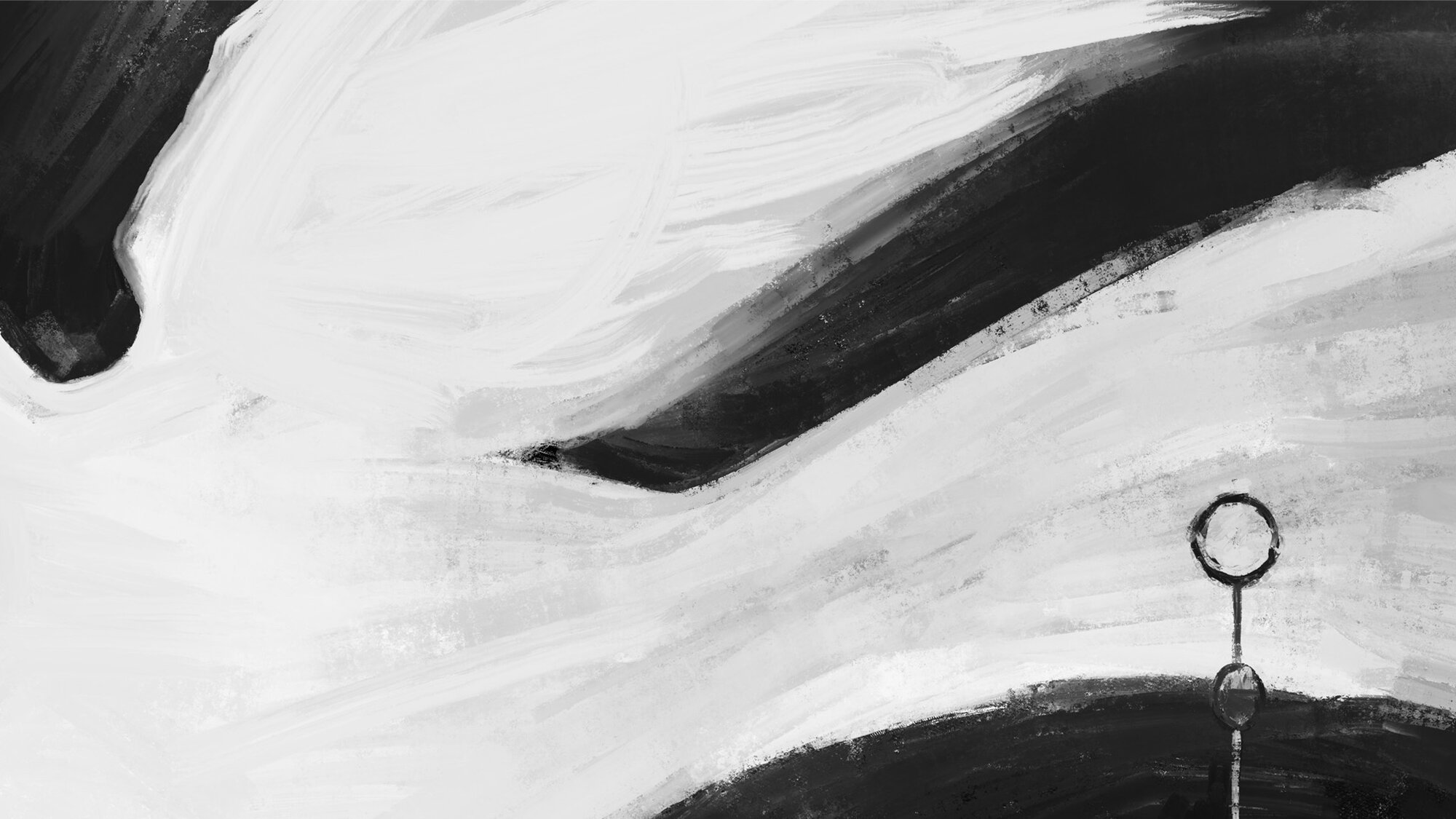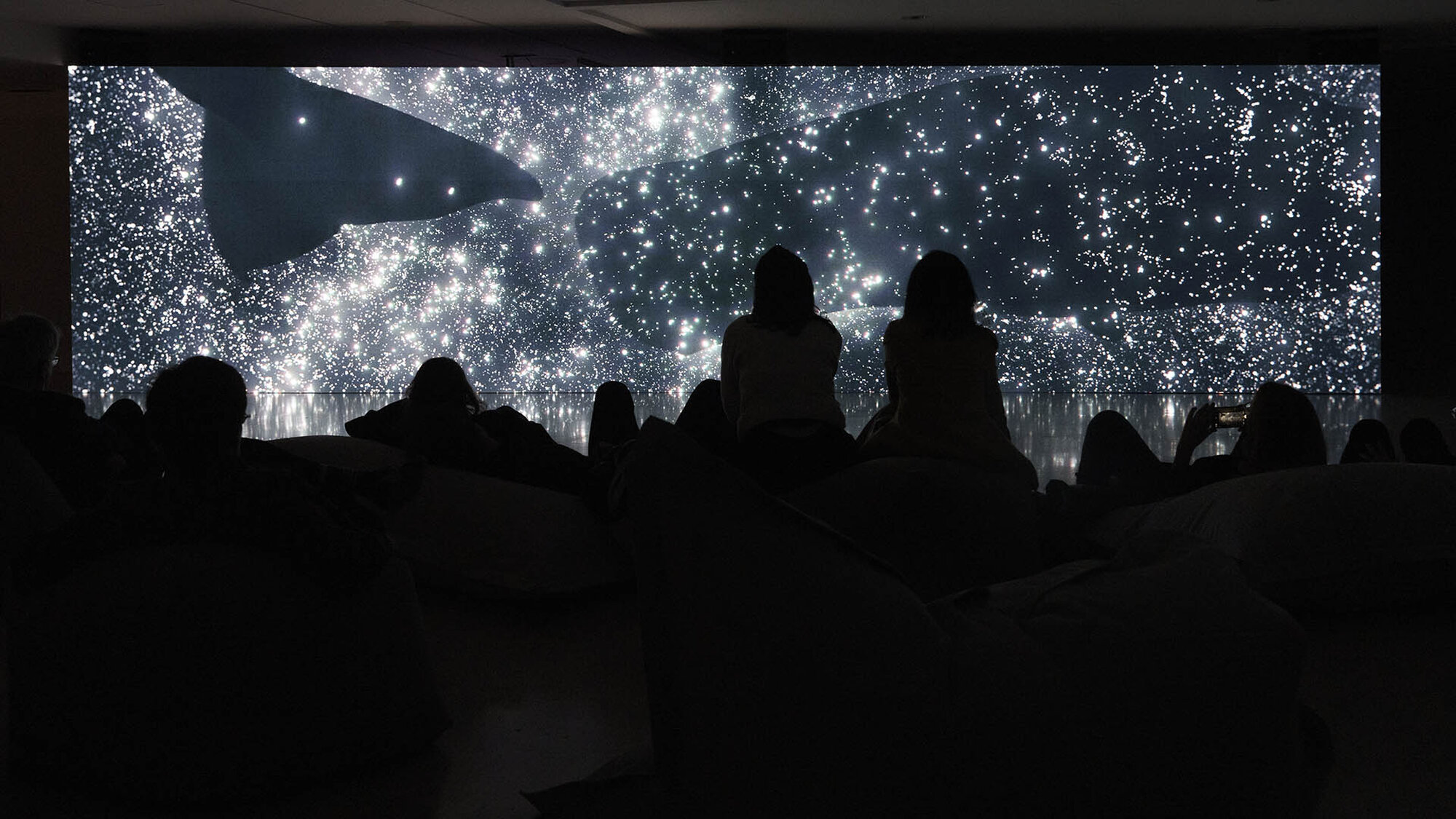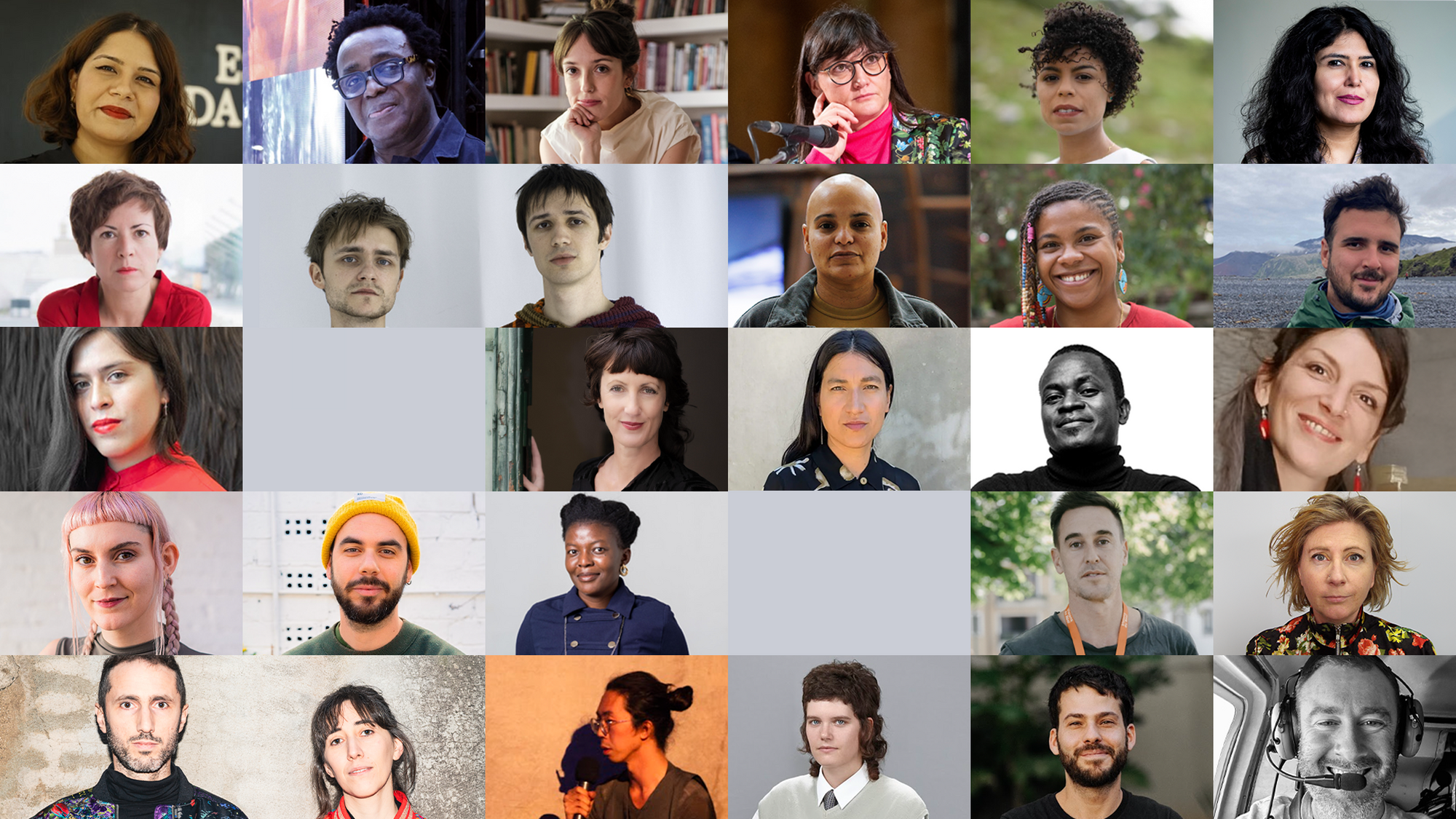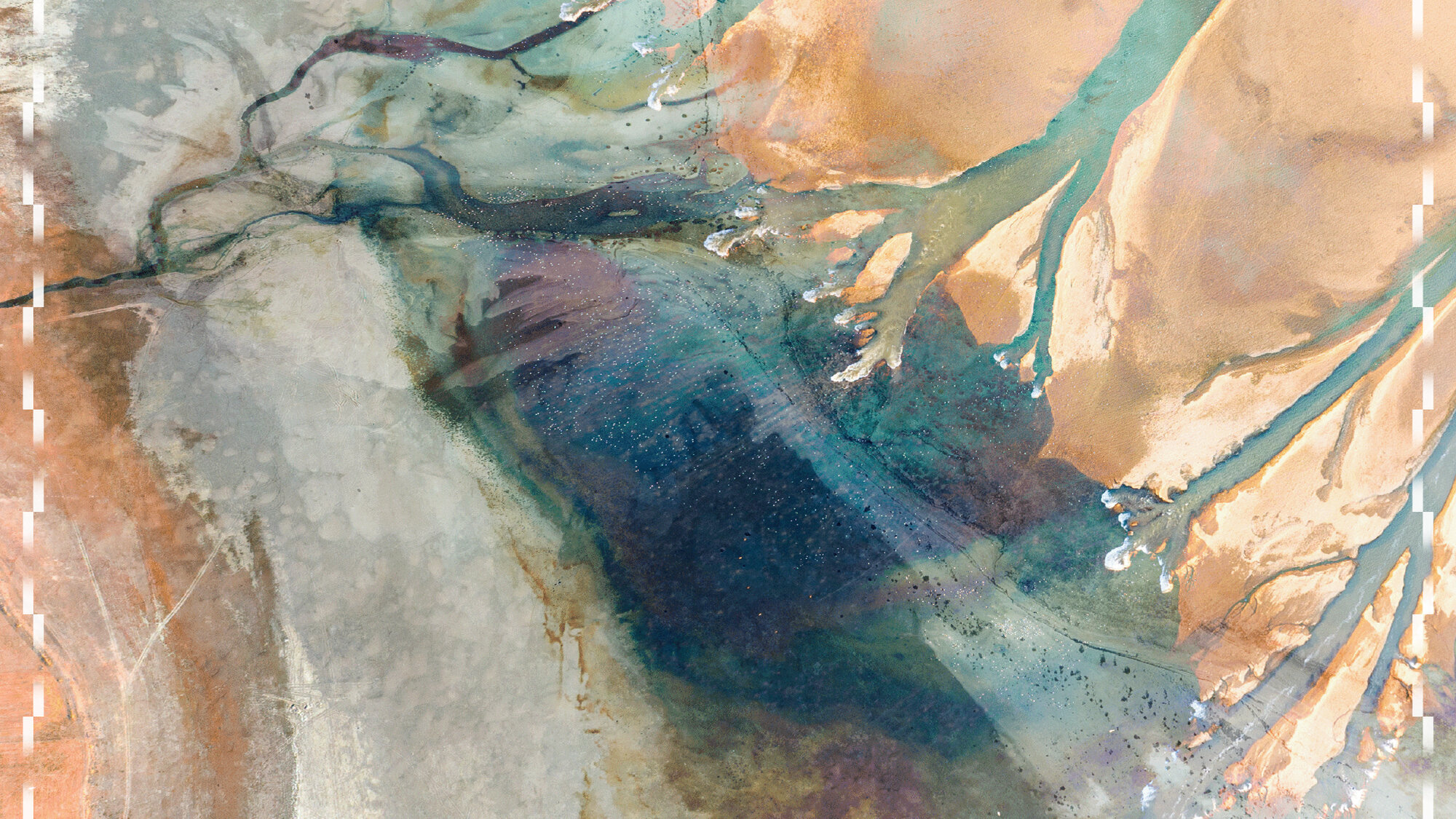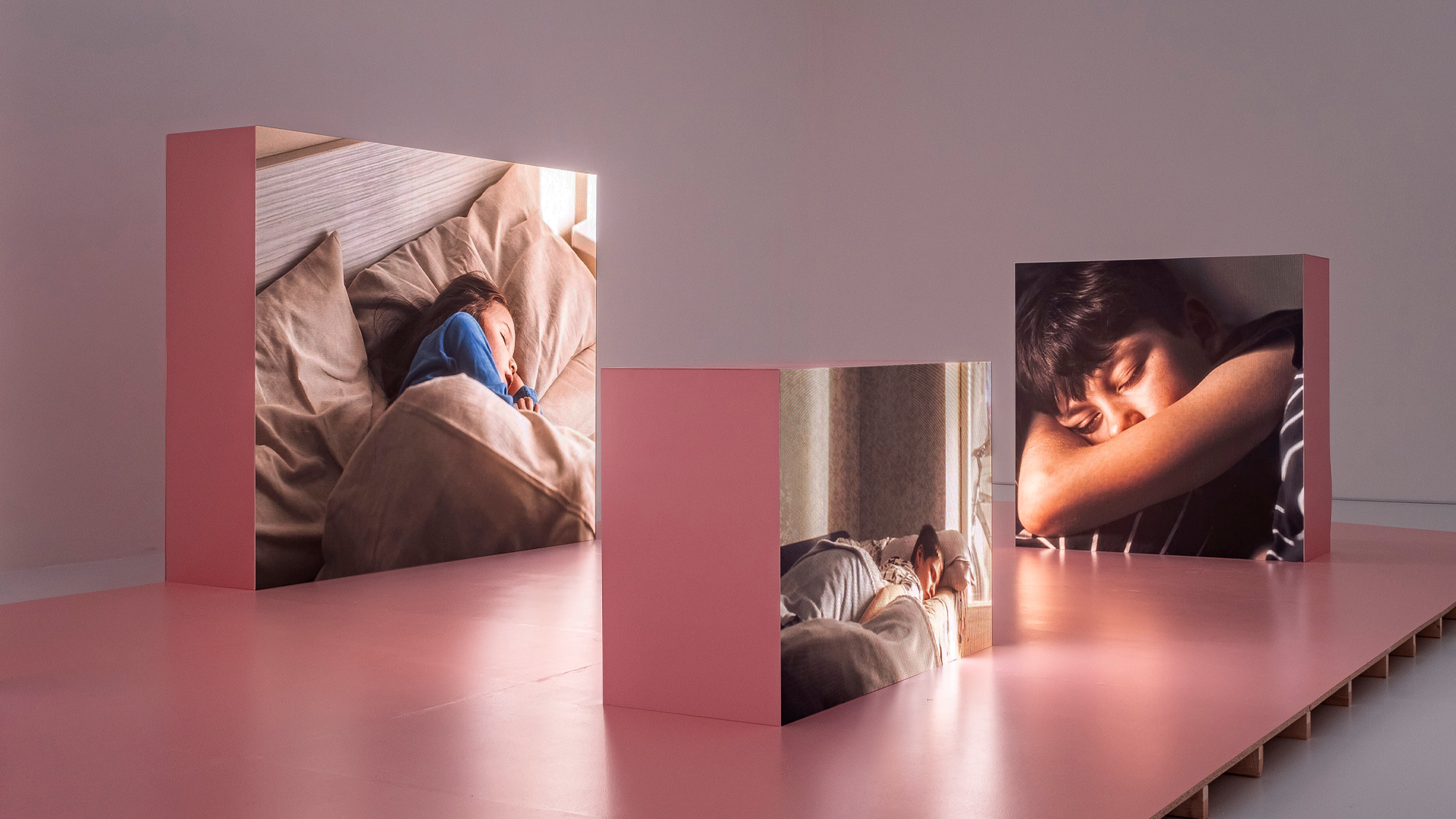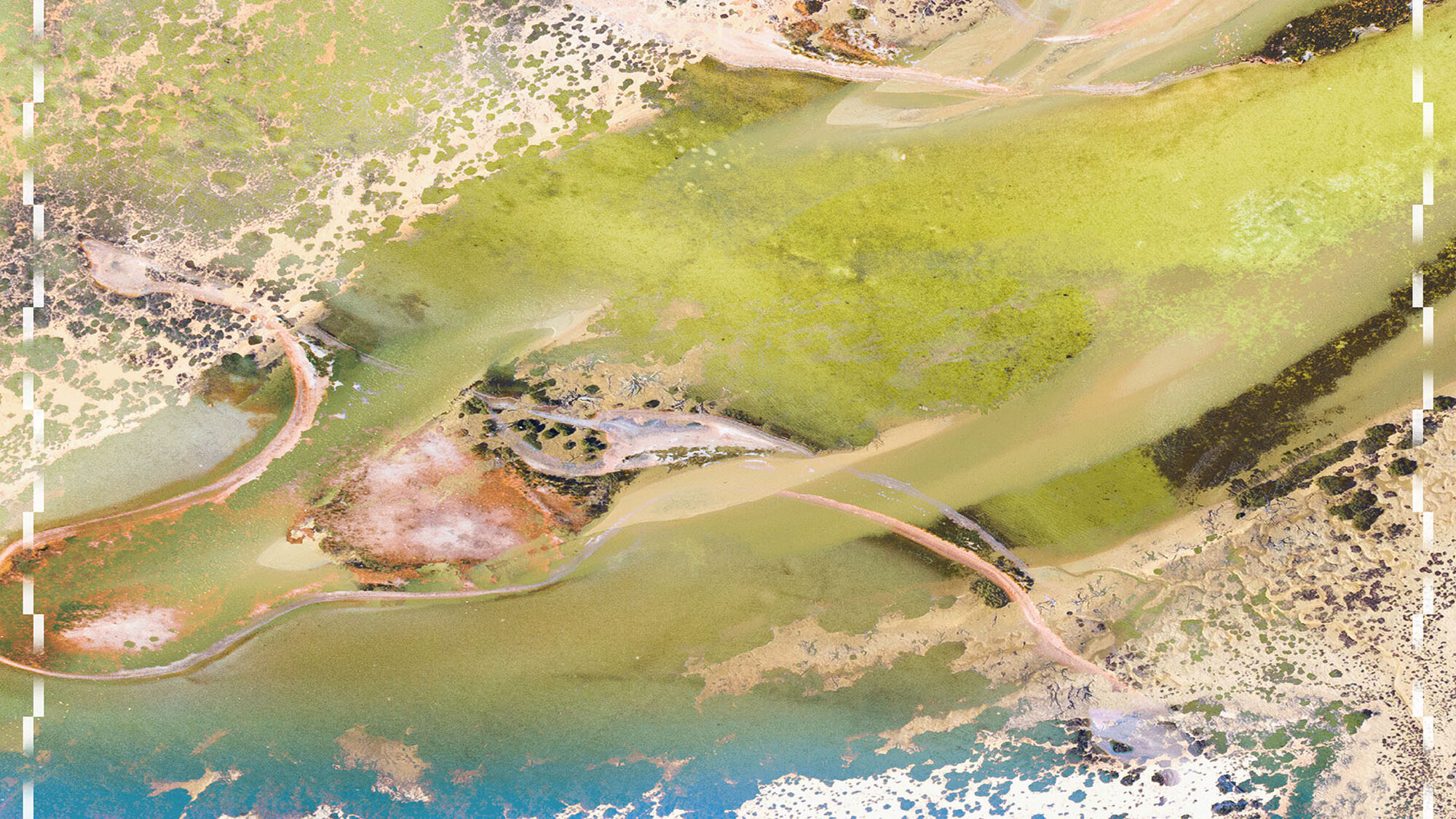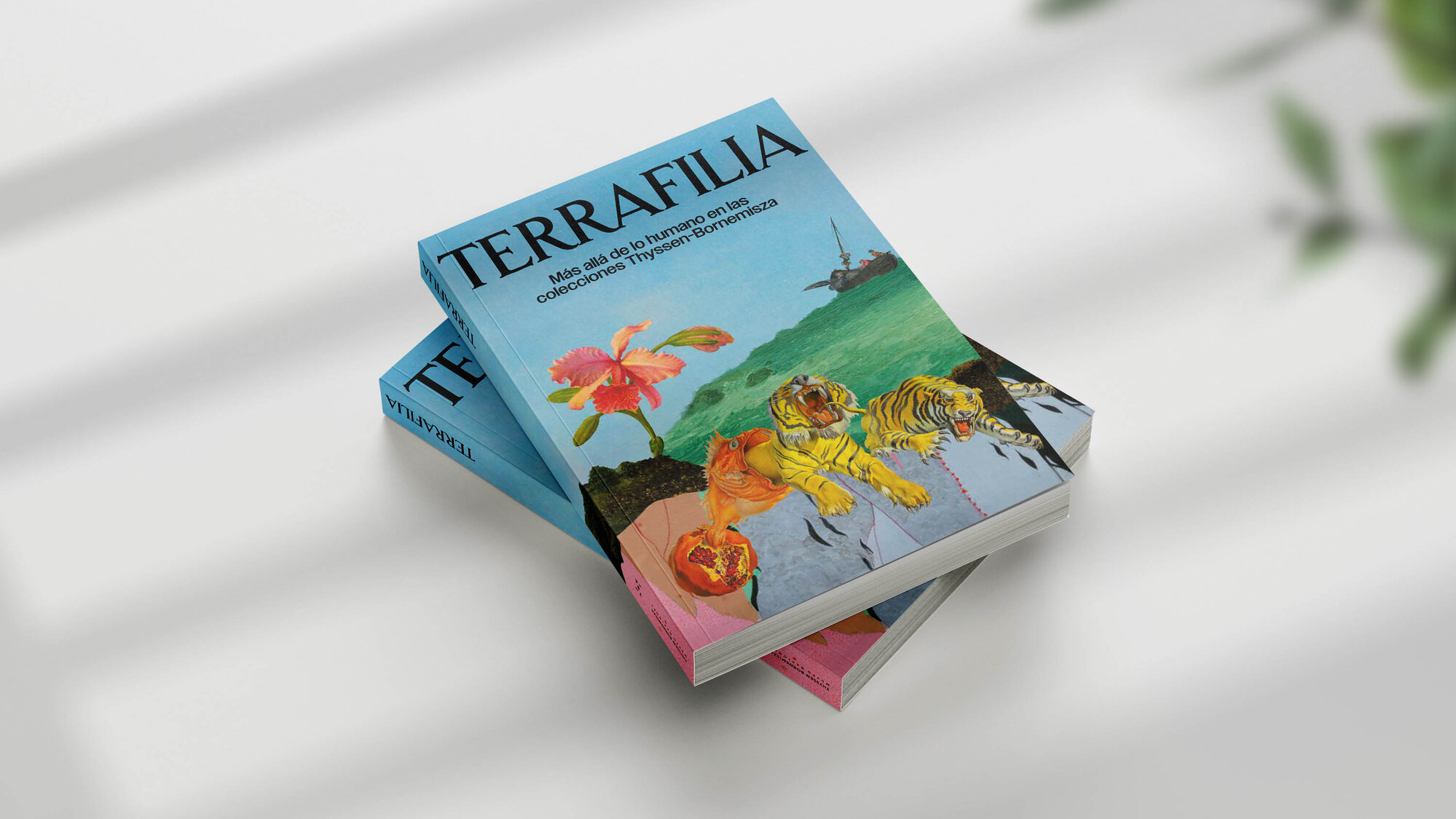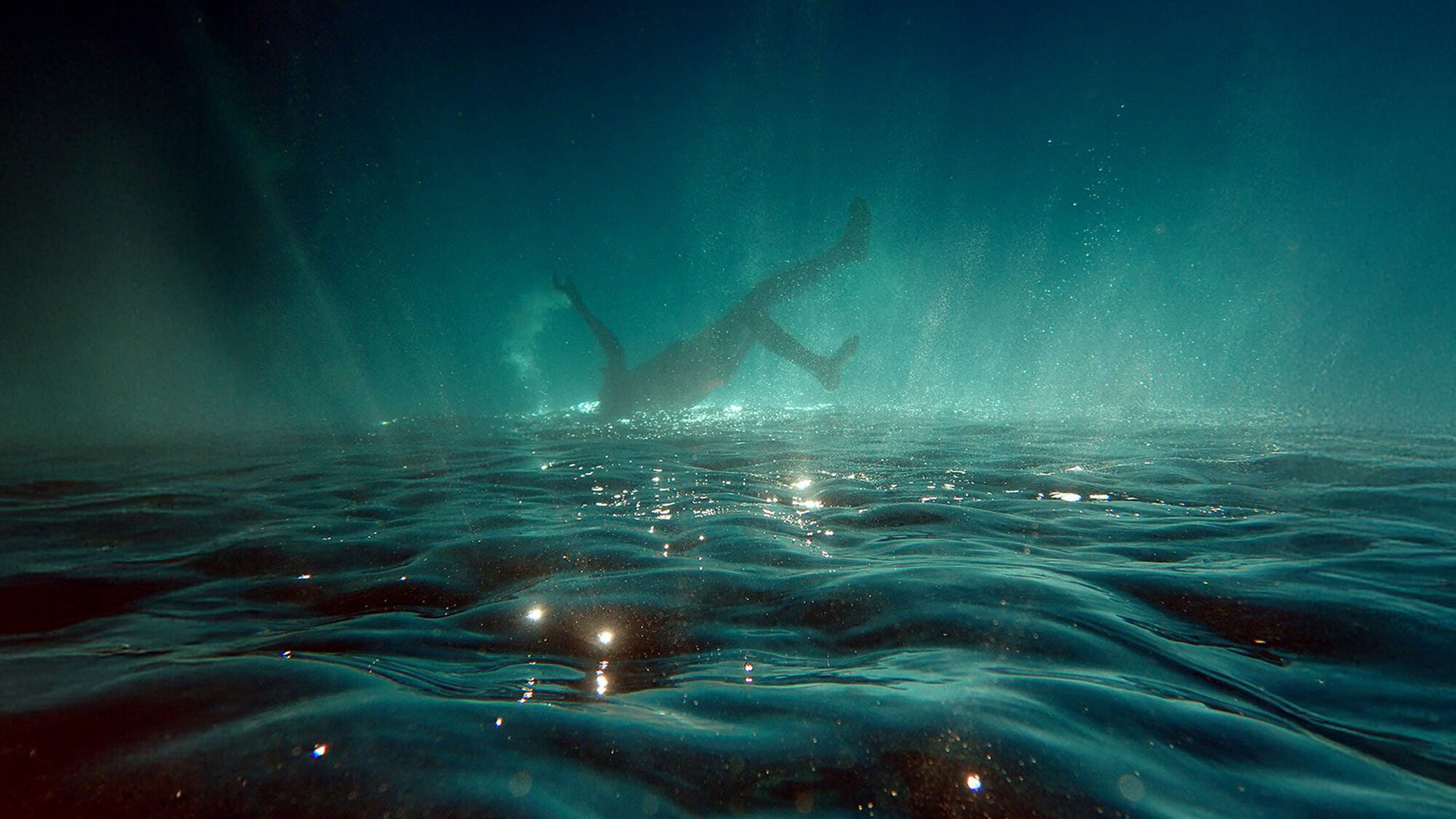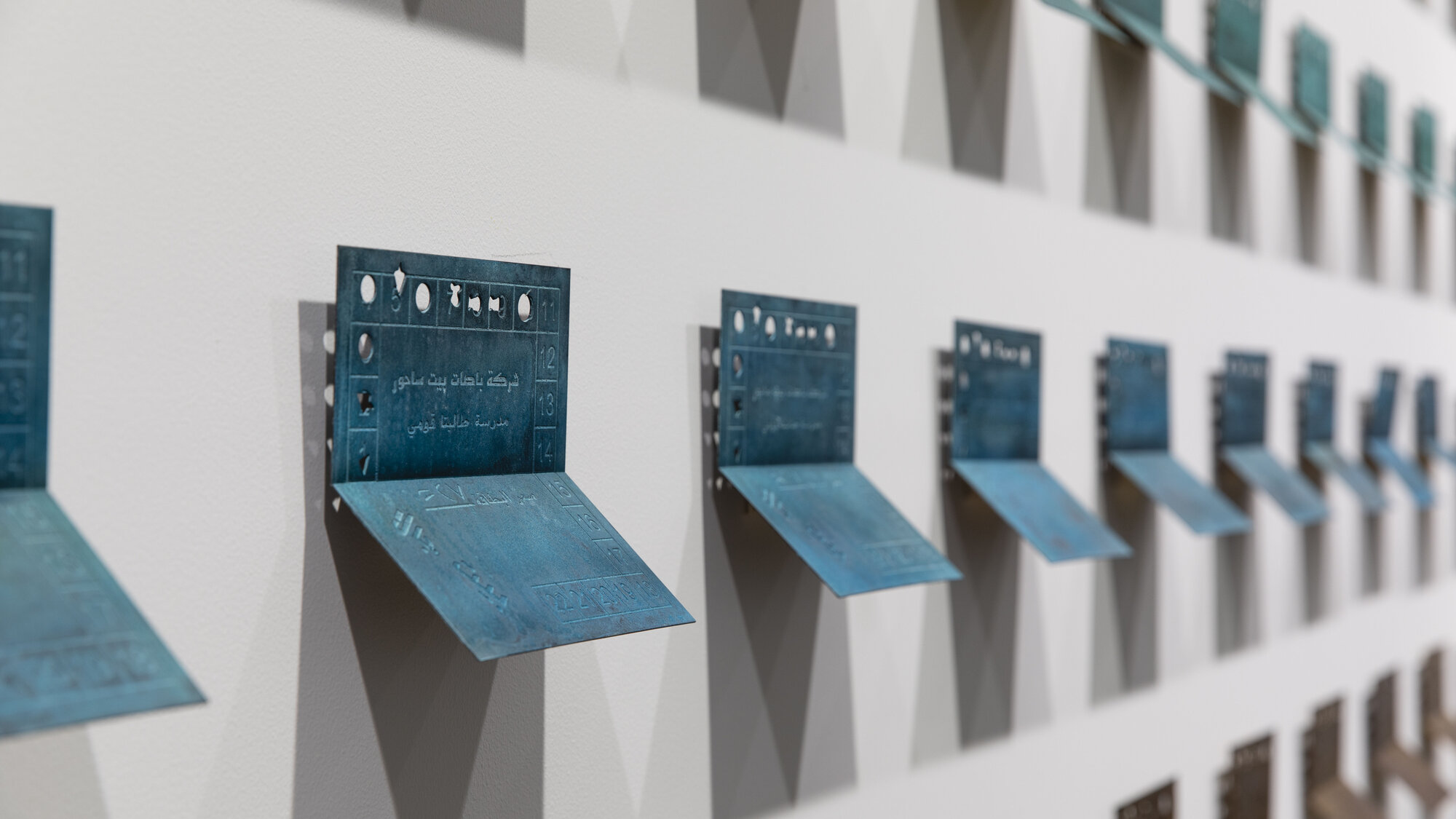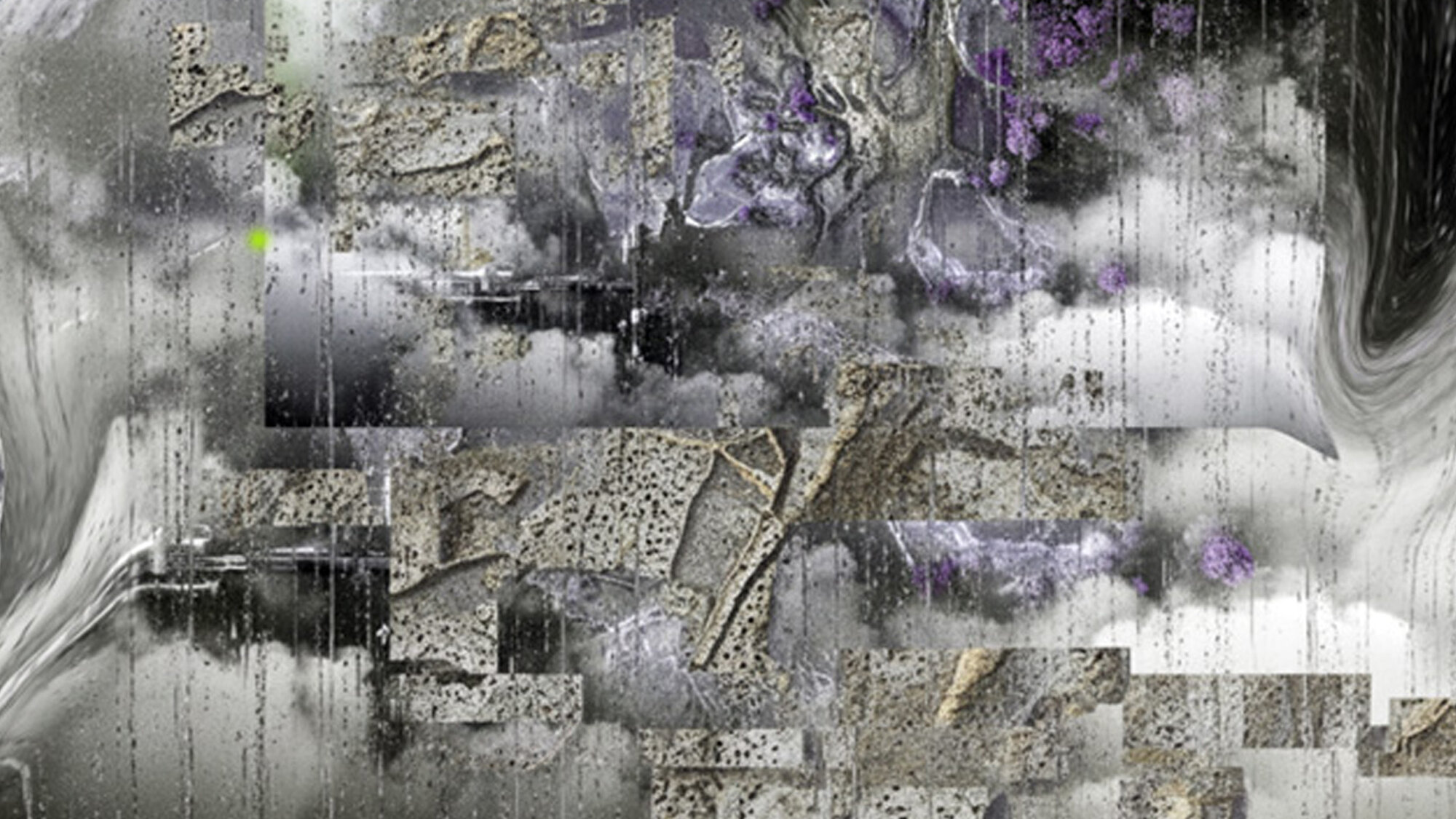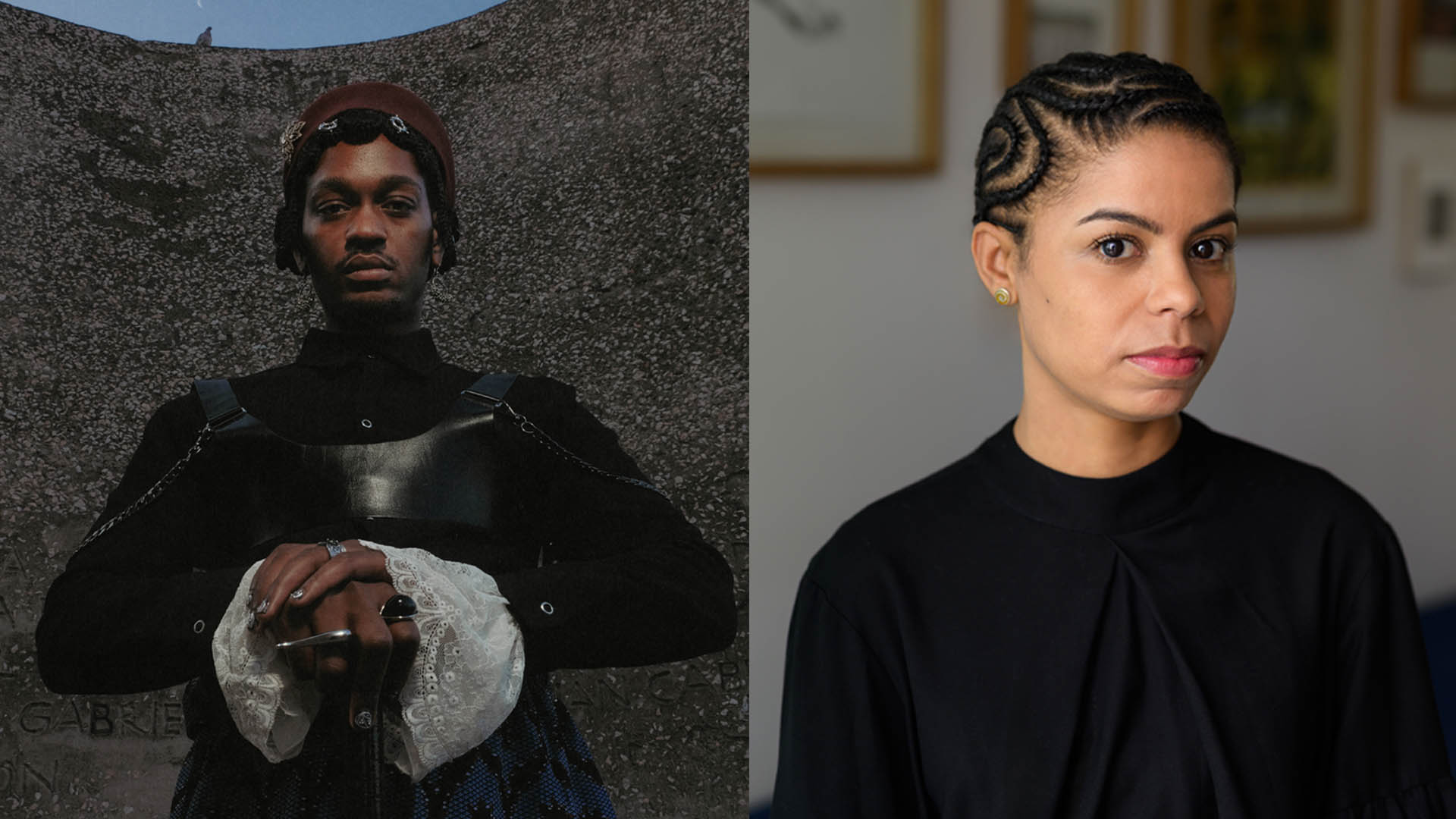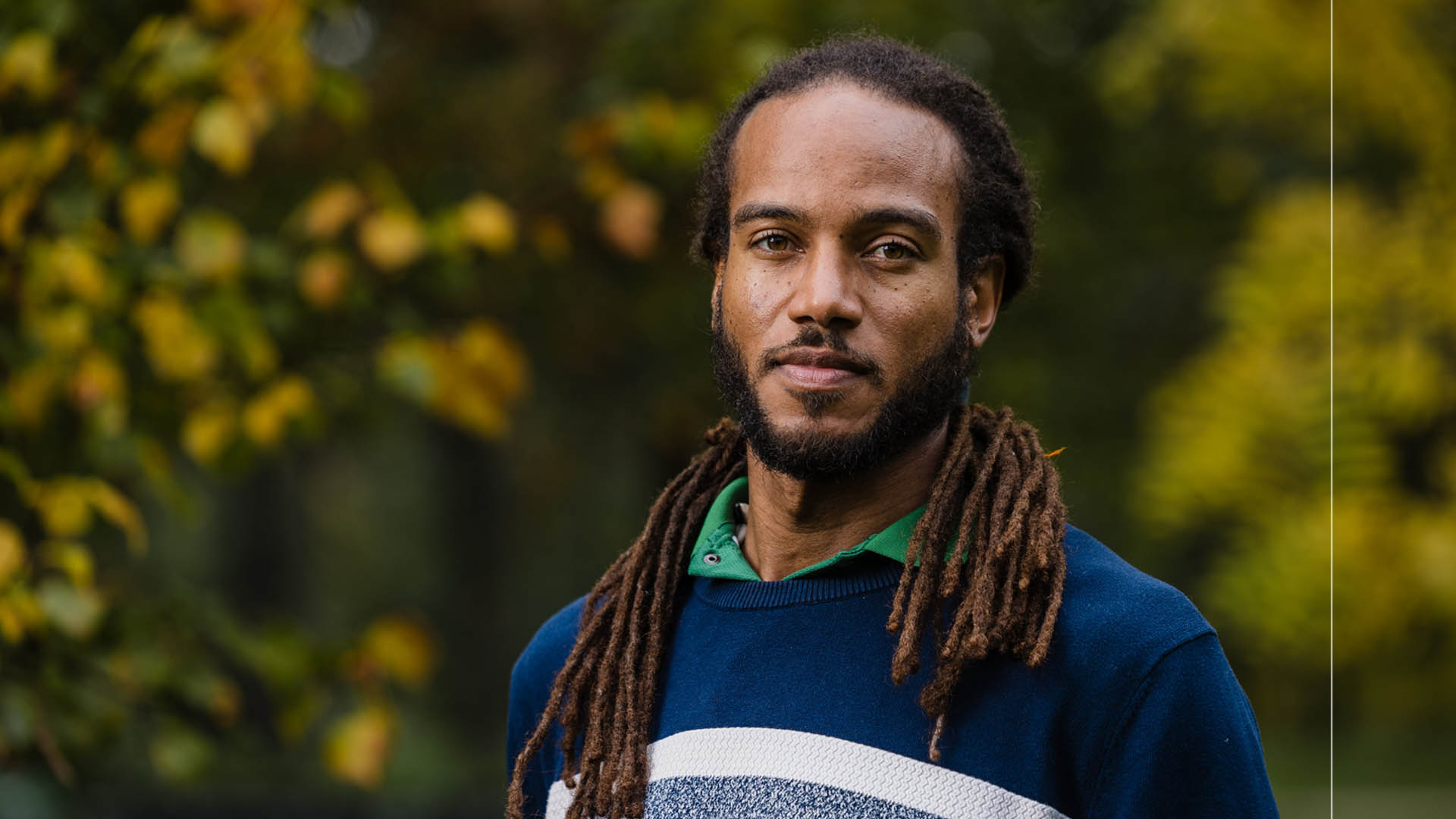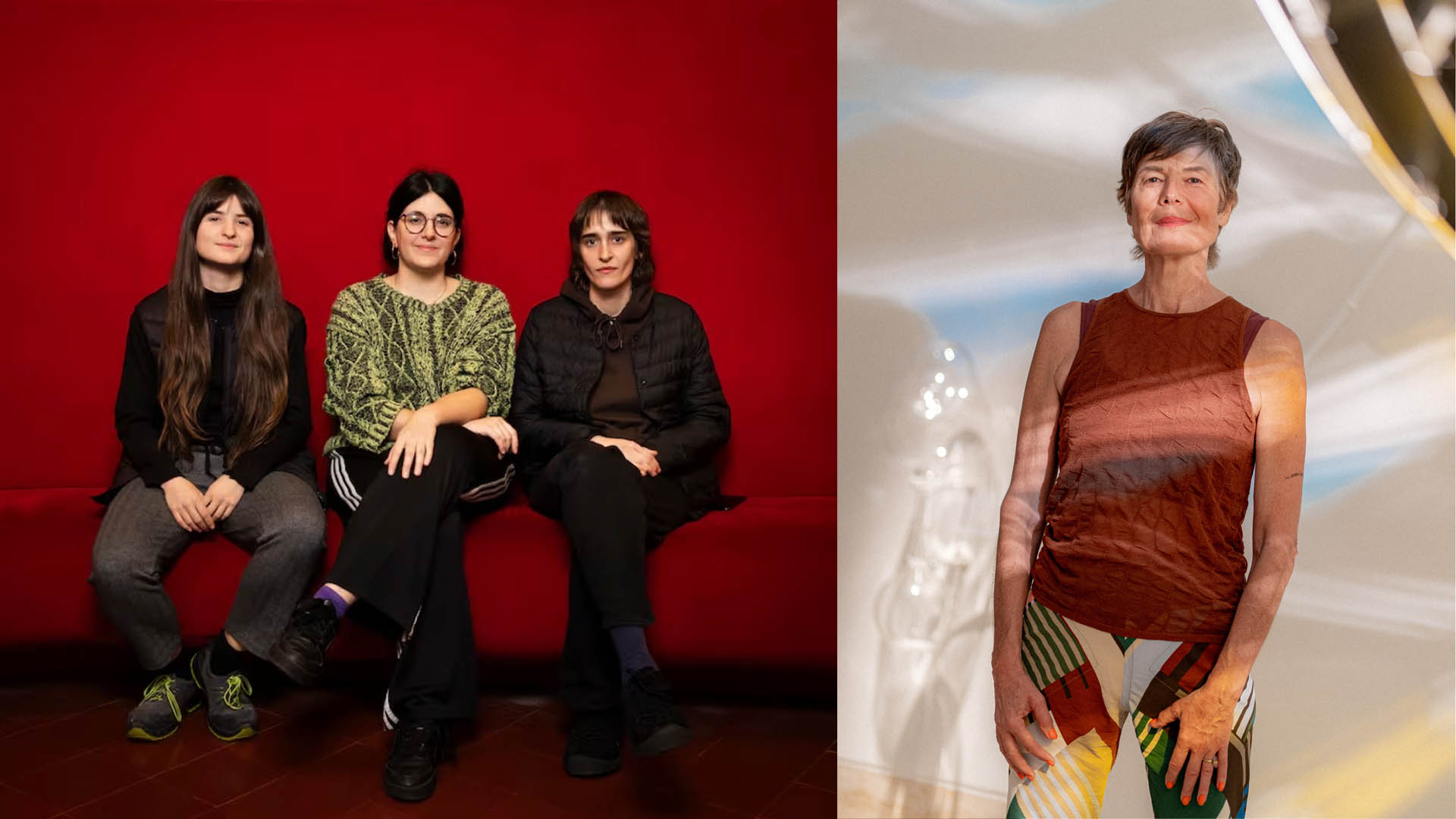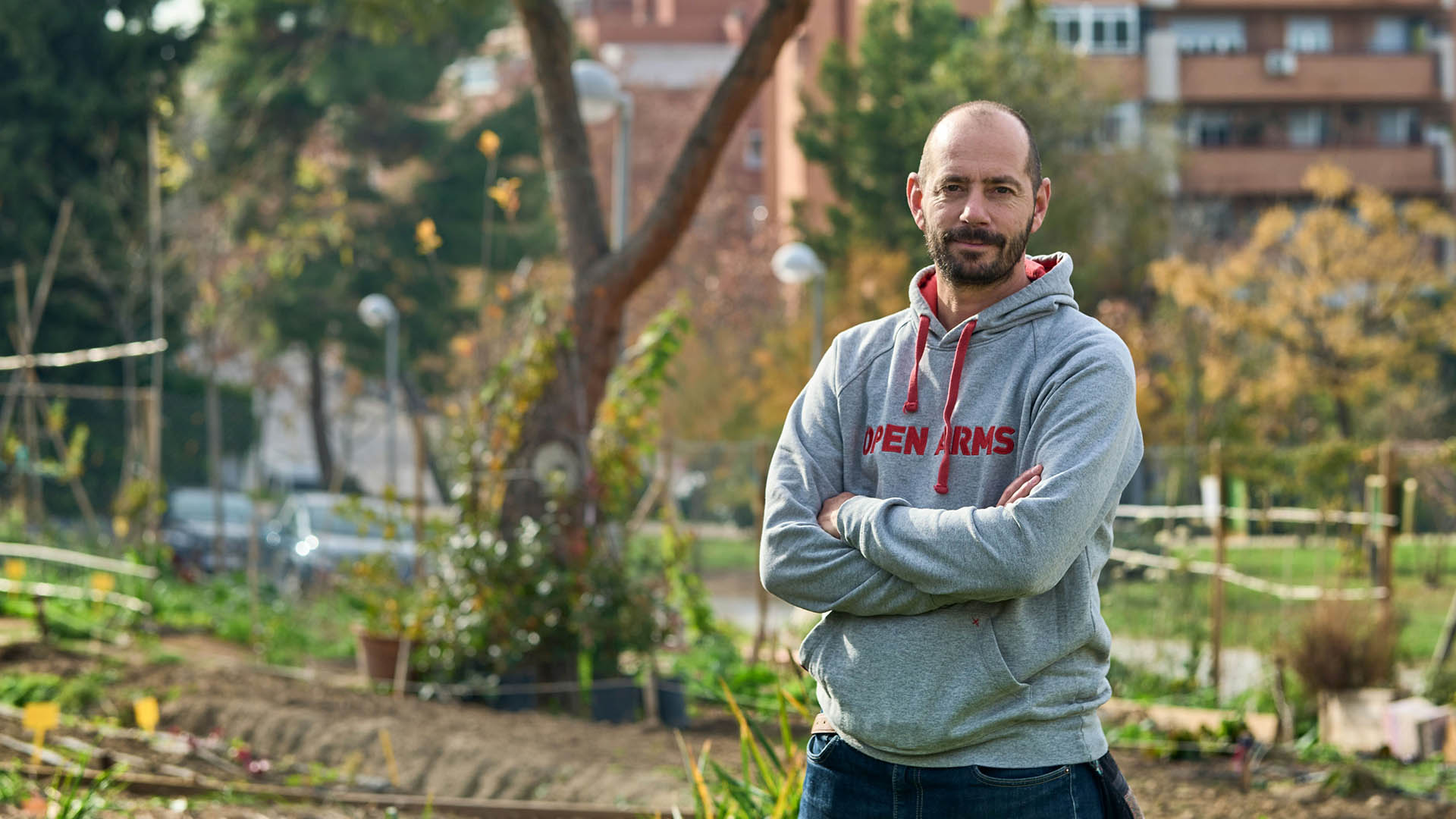TERRAFILIA FEST PROGRAM
Friday, September 19, 2025
For more information about the festival, click here.
TICKETS
The Barcelona-based collective Las Huecas will open the festival in the museum’s lobby with the performance Make Europe Great Again. Presented by TBA21’s Artistic Director and curator of the Terrafilia exhibition, Daniela Zyman, the opening block of Terrafilia Fest continues in the auditorium with philosopher Malcom Ferdinand and curator Yina Jiménez Suriel, two voices deeply engaged with the entanglements between colonial histories and ecological futures. Following their lectures, Ferdinand and Jiménez Suriel will join a conversation moderated by Daniel H. Rey, exploring how political imagination, ecological care, and cultural restitution intersect in the struggles for more just and plural worlds. The day concludes in the garden with Megane Mercury’s performative DJ set, an eclectic sonic journey weaving together Afrofuturist and diasporic-futurist narratives.
7:10 – 7:40 PM | PERFORMANCE
Make Europe Great Again, with Las Huecas
Location: Entrance hall
Recommended age: All audiences
Access and registration: Free admission until full capacity is reached.
Price: Free
Make Europe Great Again is an intervention by Las Huecas that aims to destabilize, through humor, the temporal narrative of post-fascism. By speculating with the noble art of the joke, it imagines what would happen if we were to take seriously the Trumpian slogan that has been adopted by the European far-right in its communication strategy. What kind of regression would Europe have to undergo in order to become "great" again? It's possible that such a historical retreat could lead to serious mistakes with entirely unexpected consequences.
About the Artists
Las Huecas is a Barcelona-based collective founded in 2016 by Júlia Barbany, Núria Corominas, and Andrea Pellejero. With a rotating model of authorship and direction, they create works that emerge from a collaborative “Frankenstein” of their voices and styles. Defined by a fearless play with form, they have developed a distinctive approach that blends contemporary European theater with Catalan comedic traditions. Over the years, Las Huecas has established itself as one of the most innovative young dramaturgy collectives on the Iberian scene, expanding the possibilities of theater as a radical force for cultural and political critique.
7:40 – 8:10 PM | PERFORMATIVE LECTURE
Loving ourselves the Earth: Undoing the colonial inhabitation, by Malcom Ferdinand
Location: Auditorium
Language: English with simultaneous translation to Spanish
Collaborators: WIELS, Brussels
Price: Free, with invitations available for download on the museum’s website. Activity included in the Friday ticket.
A quota of 10% of the capacity is reserved for same-day access without a prior ticket.
The pesticide contamination of Martinique and Guadeloupe stands among the most severe environmental scandals in contemporary France. The historic use of chlordecone (Kepone) has devastated human and non-human lives alike, while accountability remains absent. Drawing on 15 years of interdisciplinary research and sustained political engagement in the case, Malcom Ferdinand presents a radical narrative that resists official technocratic framings, offering instead a poetic and political proposition for inhabiting the Earth in the ruins of modern colonization.
About the Speaker
Malcom Ferdinand is an environmental engineer and political philosopher, currently a researcher at the CNRS (IRISSO/Université Paris Dauphine). His work bridges political philosophy, postcolonial theory, and political ecology, focusing on the Black Atlantic and the Caribbean. He is the author of Decolonial Ecology: Thinking from the Caribbean World (Seuil, 2019; Polity, 2021), which won multiple awards, and the recently published Loving Ourselves the Earth: Undoing the Colonial Inhabitation (Seuil, 2024).
8:10 – 8:40 PM | LECTURE
looking for the bodies of the senses, by Yina Jiménez Suriel
Location: Auditorium
Language: Spanish with simultaneous translation to English
Recommended age: All audiences
Price: Free, with invitations available for download on the museum’s website. Activity included in the Friday ticket.
A quota of 10% of the capacity is reserved for same-day access without a prior ticket.
In this improvisation lecture, curator Yina Jiménez Suriel presents insights from her long-term research project la historia de las montañas (2013–ongoing), which investigates how imagination is shaped by colonial binaries and the illusion of stability. By weaving together artworks, curatorial projects, and references to Indigenous thought—such as Gregory Cajete’s notion of “one’s face, one’s heart, and one’s foundation”—Jiménez Suriel proposes curatorial practice as a method for sensing other forms of life and relation, where artistic processes become tools for weaving new forms of interconnectedness, coexistence, and solidarity.
About the Speaker
Yina Jiménez Suriel is a curator and researcher from the Dominican Republic whose practice explores imagination, emancipatory processes, and reconciliation through long-term curatorial projects. She is Curator of The Current IV fellowship at TBA21–Academy, Adjunct Curator of the 14th Bienal do Mercosul (2025), and Associate Editor of Contemporary And (C&) for Latin America and the Caribbean. Her curatorial projects have been presented at Pivô (Brazil), Cinemateca Dominicana (Dominican Republic), KADIST (USA), Delfina Foundation (UK), Kunsthalle Lissabon (Portugal), and Ocean Space (Italy).
8:40 – 9:10 PM | CONVERSATION
Ecologies of Reparation, by Malcom Ferdinand and Yina Jiménez Suriel
Moderated by Daniel H. Rey
Location: Auditorium
Language: English and Spanish with simultaneous translation
Recommended age: All audiences
Price: Free, with invitations available for download on the museum’s website. Activity included in the Friday ticket.
A quota of 10% of the capacity is reserved for same-day access without a prior ticket.
This dialogue brings together philosopher Malcom Ferdinand and curator Yina Jiménez Suriel to explore the entanglements of colonial histories, ecological crises, and diasporic imagination. Building on their earlier lectures—Ferdinand’s call for decolonial ecologies in the Caribbean, and Jiménez Suriel’s approach to curatorial practice as a strategy of reclamation and restitution—the conversation underscores how environmental repair, political imagination, and new ways of sensing are interdependent processes that must converge across multiple geographies. Moderated by Daniel H. Rey, the session opens a space to envision ecological, cultural, and spiritual relations with the land as pathways toward more just and decolonial futures.
About the Speakers
Yina Jiménez Suriel is a curator and researcher from the Dominican Republic whose practice explores imagination, emancipatory processes, and reconciliation through long-term curatorial projects. She is Curator of The Current IV fellowship at TBA21–Academy, Adjunct Curator of the 14th Bienal do Mercosul (2025), and Associate Editor of Contemporary And (C&) for Latin America and the Caribbean. Her curatorial projects have been presented at Pivô (Brazil), Cinemateca Dominicana (Dominican Republic), KADIST (USA), Delfina Foundation (UK), Kunsthalle Lissabon (Portugal), and Ocean Space (Italy).
Malcom Ferdinand is an environmental engineer and political philosopher, currently a researcher at the CNRS (IRISSO/Université Paris Dauphine). His work bridges political philosophy, postcolonial theory, and political ecology, focusing on the Black Atlantic and the Caribbean. He is the author of Decolonial Ecology: Thinking from the Caribbean World (Seuil, 2019; Polity, 2021), which won multiple awards, and the recently published Loving Ourselves the Earth: Undoing the Colonial Inhabitation (Seuil, 2024).
About the Moderator
Daniel H. Rey curates, programs, and writes between soils and Wi-Fi. Harnessing Spanish, Guaraní, Arabic, and Norwegian, he studies the formation of diasporas and new relational imaginaries across territories, climates, and the internet. He is Curator of Programs and Networks at the Institute for Postnatural Studies (Madrid), where he instigates local and international residency programs, strategic partnerships, and pathways for the mobility of cultural agents. He also serves on the Art Council of Uruguay’s CAMPO Foundation and previously worked at Art Jameel (Dubai). Rey has led projects in Asunción, Dubai, Lima, Madrid, and Oslo, and recently contributed to the catalogue of the 60th Venice Biennale, Foreigners Everywhere.
9:10 – 11:00 PM | PERFORMATIVE DJ SET
Cartographies of What’s to Come, by Megane Mercury
Location: Garden
Recommended age: All audiences
Access and registration: Free entry until full capacity is reached
Price: Free of charge
In Cartographies of What’s to Come, artist and DJ Megane Mercury unfolds a hybrid set that layers Afrofuturist and diasporic-futurist narratives into an eclectic sonic journey. Club rhythms, experimental textures, and fragments of ancestral traditions are interwoven into a temporal fold where the past converses with the future and the not-yet becomes perceptible in the present. Understanding sound as a moving archive, Mercury uses the DJ set as a space where identities are coded, genealogies rewritten, and collective futures rehearsed. Through the shared act of listening, Cartographies of What’s to Come unsettles linear time and celebrates the capacity of diasporic experience to imagine worlds otherwise.
About the Artist
Megane Mercury is a non-binary Afro-Spanish multidisciplinary artist and DJ based in Barcelona. Their practice moves across music, performance, and visual media, blending pop-queer aesthetics with diasporic and dissident perspectives. Of Equatoguinean descent, Mercury explores identity, race, and queerness through hybrid sonic and visual languages that disrupt fixed genealogies and propose new imaginaries of belonging. Over the past years, they have gained recognition for their experimental DJ sets and live performances that weave together ancestral traditions, club sounds, and speculative futurisms, positioning them as one of the most distinctive voices in the Iberian queer underground.
SATELLITE ACTIVITY (OFF-SITE)
5:00 – 6:00 PM | CONVERSATION
Terrafilias, with José Luis Fernández Casadevante “Kois” and Daniela Zyman
Location: Círculo de Bellas Artes
Language: English and Spanish with simultaneous translation
Collaborators: In collaboration with Festival de las Ideas.
Access and registration: Círculo de Bellas Artes website
A conversation about the possibility (or the urgency) of thinking about nature from other perspectives.
About the Guests
Daniela Zyman is a writer, curator, and artistic director of TBA21 Thyssen-Bornemisza Art Contemporary. Her academic work focuses on how artistic counter-investigation challenges the boundaries between aesthetics and science. Before joining TBA21 in 2003, she was the chief curator at the MAK in Vienna and co-founder of the MAK Center for Art and Architecture in Los Angeles. She also directed Künstlerhaus Vienna and A9 Forum Transeuropa. At TBA21, she has curated significant exhibitions such as the Abundant Futures, Remedios, and Ecologies of Peace trilogy at the C3A in Córdoba, as well as Terrafilia at the Museo Thyssen-Bornemisza in Madrid, where stories beyond the human and multi-species imaginaries are explored.
José Luis Fernández Casadevante “Kois” is a sociologist, cooperator, and neighborhood activist with extensive experience in community initiatives and urban agriculture. He works at the Garúa Cooperative, developing projects and research on ecosocial transitions in areas such as urban planning, social movements, the solidarity economy, and food systems. He studied sociology at the Complutense University and holds a diploma in food sovereignty from the International University of Andalusia. He has taught at several universities and collaborates with media outlets such as El Diario, CTXT, and Climática. His most recent book is Huertopías: Eco-urbanism, Social Cooperation, and Agriculture.


























